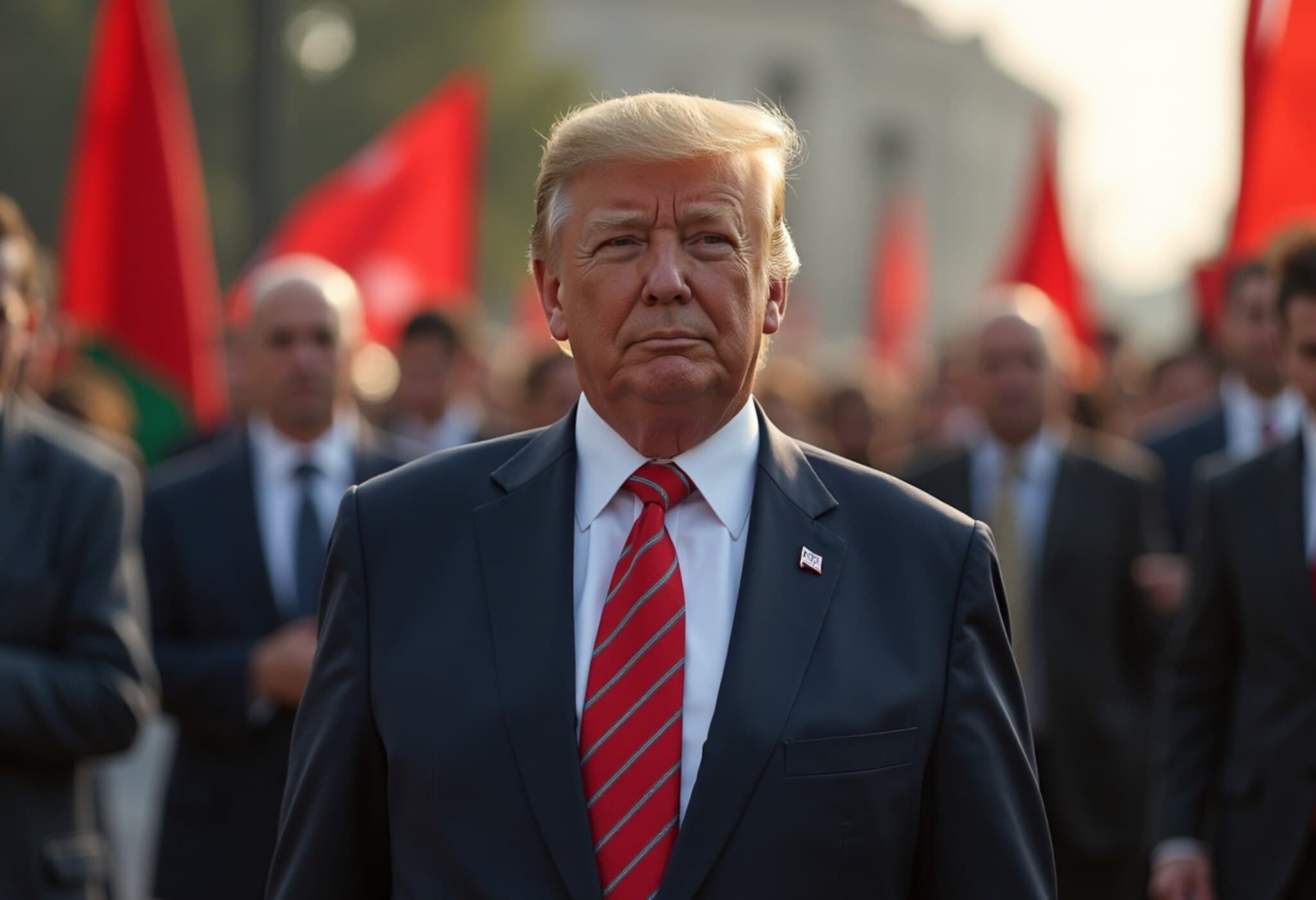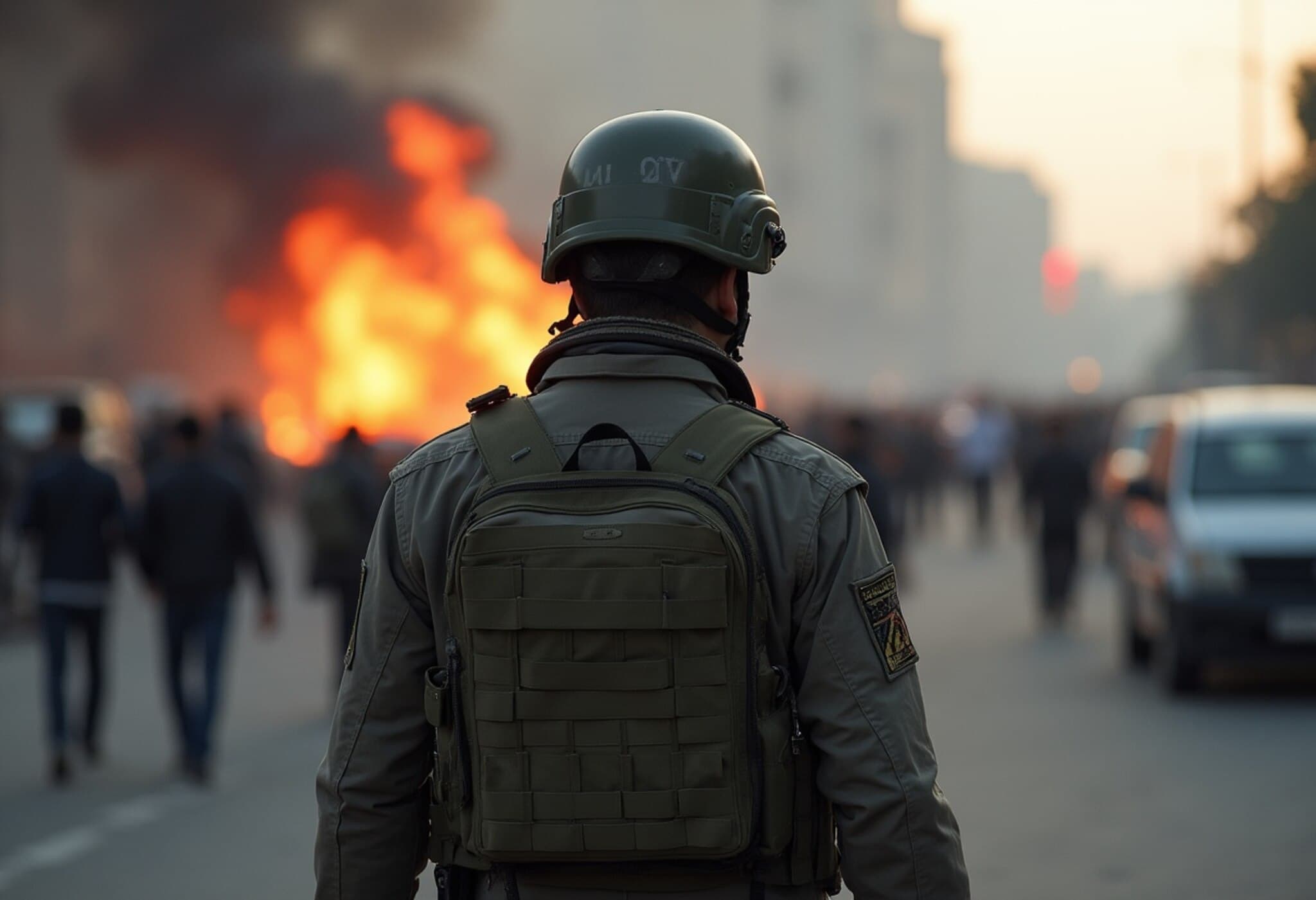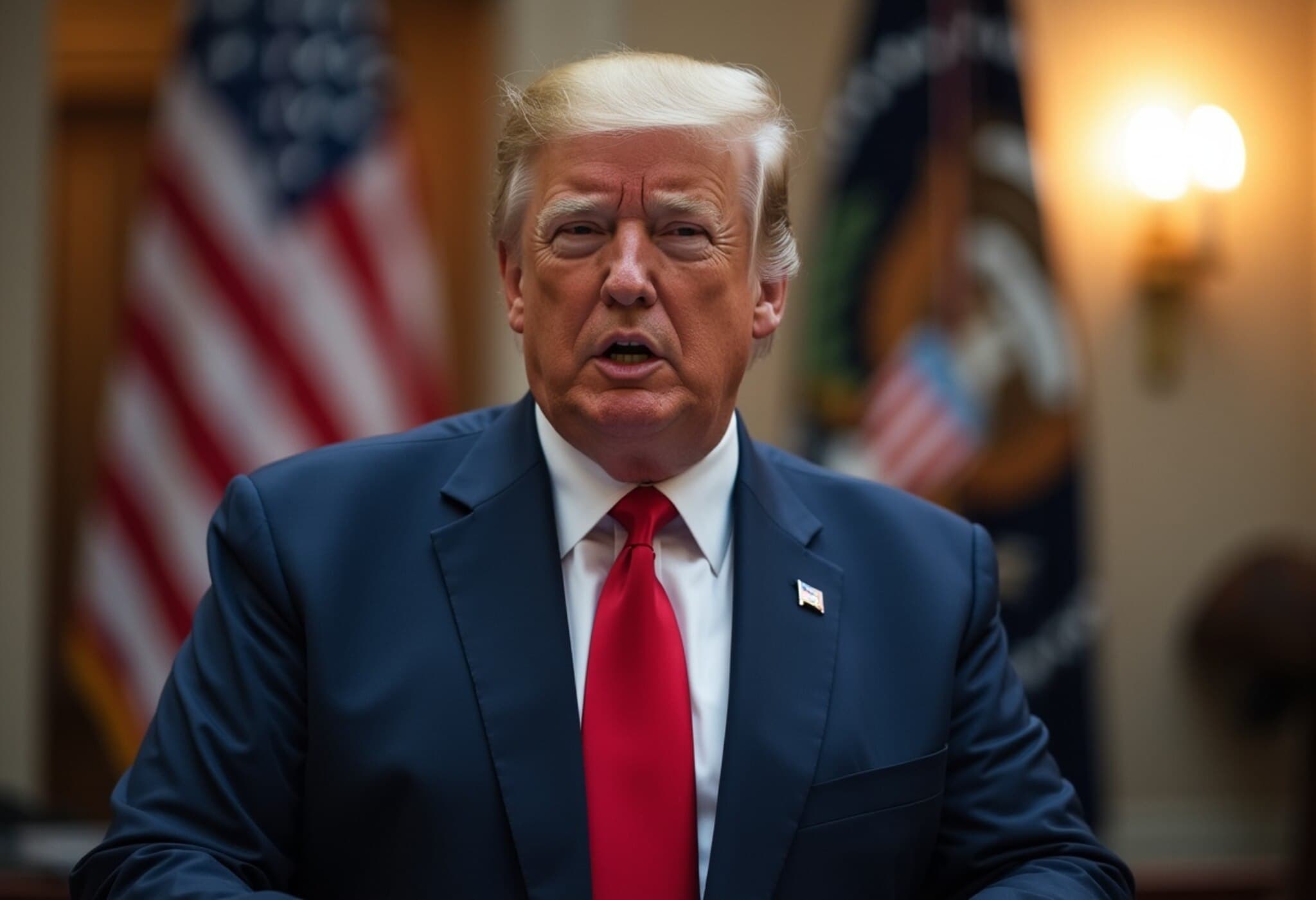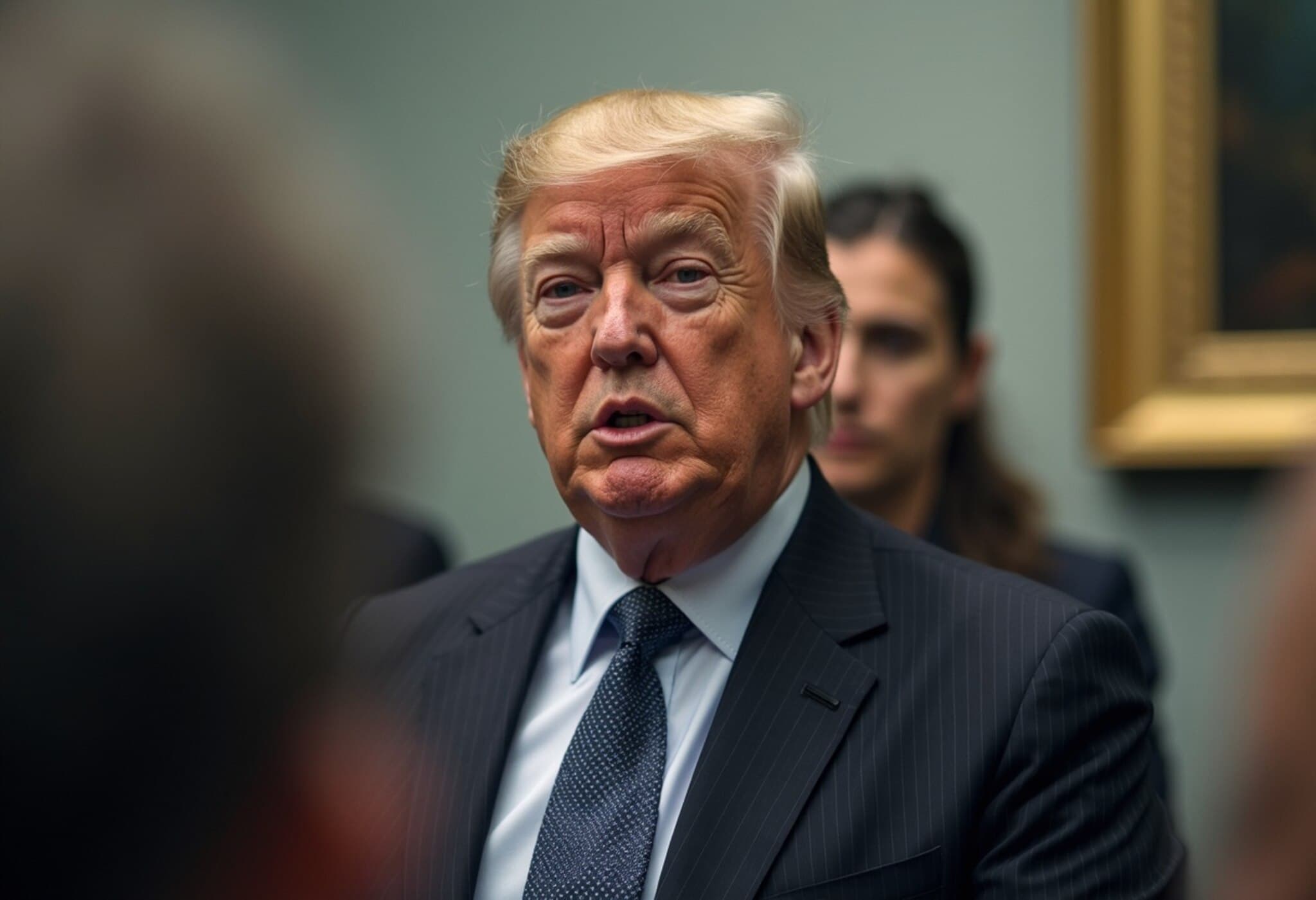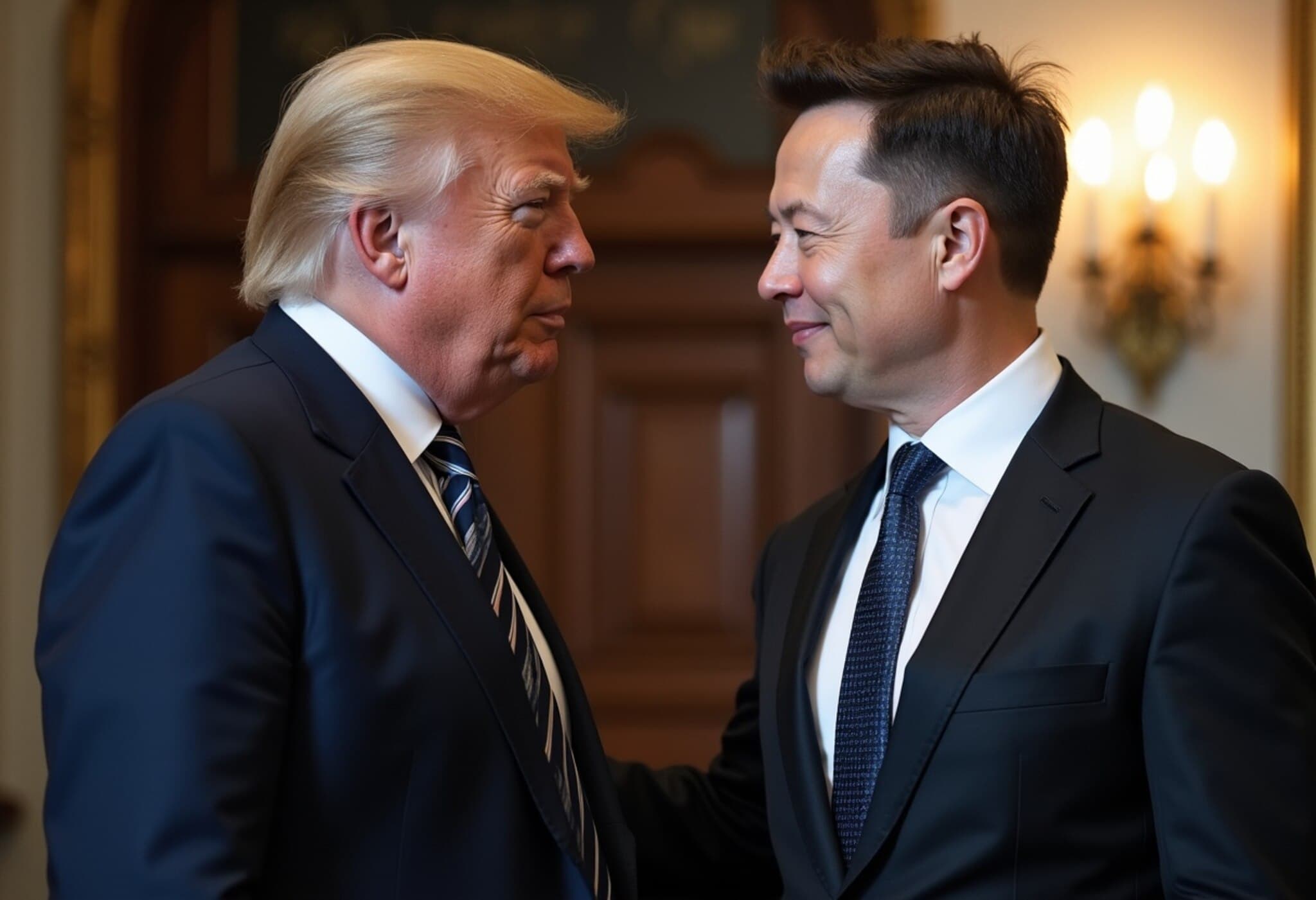US Pulls Out of Gaza Ceasefire Talks Amidst Stalled Negotiations
In a significant diplomatic setback, the United States has announced its withdrawal from ongoing peace negotiations in Doha, Qatar, aimed at reaching a ceasefire between Israel and Hamas. The move came after the US special envoy to the Middle East, Steve Witkoff, cited what he called Hamas’ lack of genuine intent to negotiate in good faith.
Frustration with Hamas’ Position
During a statement on social media, Witkoff expressed Washington’s disappointment with Hamas’ recent responses, accusing the group of being "selfish" and not cooperating towards a sustainable ceasefire. “We have decided to bring our team home from Doha for consultations after the latest response from Hamas, which clearly shows a lack of desire to reach a ceasefire in Gaza,” he said.
This announcement came shortly after Israel also recalled its own negotiating delegation, citing similar frustrations over Hamas’ stance. Israeli Prime Minister Benjamin Netanyahu’s office formally acknowledged the efforts made by mediators Qatar and Egypt but did not specify further steps.
Context: The Impasse in Gaza
The peace talks, which have persisted for several months under the Trump administration, aimed to negotiate a complex agreement involving a 60-day ceasefire, phased releases of hostages and prisoners, and humanitarian aid flow. However, the process has been consistently hampered by deeply entrenched conditions on both sides:
- Hamas demands a total Israeli military withdrawal and an end to the conflict before releasing all hostages.
- Israel insists Hamas must disarm and relinquish power before any ceasefire is finalized.
Meanwhile, civilians in Gaza endure worsening conditions. Just last Sunday, the region suffered its deadliest day for aid distributions in nearly two years, with over 85 Palestinians killed while seeking food assistance.
Rethinking US Strategy
Witkoff confirmed the US would now be "considering alternative options to bring the hostages home and try to create a more stable environment for the people of Gaza." Though he did not elaborate, this opens questions about Washington’s next moves in a conflict that has challenged traditional diplomatic frameworks.
This pivot also came despite initial plans for Witkoff to undertake further talks in the Middle East; US officials later indicated he would travel to Europe instead, raising speculation about potential behind-the-scenes diplomatic efforts.
Expert Insight: What Does This Mean for the Region?
From a policy analyst's perspective, the US withdrawal marks a critical juncture that underscores the limits of multilateral peace talks in resolving protracted conflicts where parties have fundamentally opposing goals. The breakdown highlights several key issues:
- The challenge of asymmetric negotiations: Hamas’ dual role as both a political entity and militant group complicates engagement strategies.
- Hostage diplomacy’s impact: The hostage situation introduces significant leverage and mistrust, derailing progress toward ceasefire consensus.
- US domestic politics: The Trump administration’s foreign policy reflects broader geopolitical recalibrations, balancing pressure on allies with calls for regional stability.
Moreover, the decision may fuel further humanitarian concerns, as prolonged conflict and blockade conditions exacerbate civilian suffering.
Looking Ahead: Navigating a Fragile Landscape
As the US contemplates alternative routes, questions remain about the efficacy of diplomatic isolation versus engagement with Hamas or other regional actors. Historically, hostage negotiations have involved delicate backchannels and intelligence operations rather than public peace talks.
For policymakers and observers, the focus will shift toward creative solutions that avoid further escalation while prioritizing humanitarian relief and security guarantees. Whether through increased multilateral pressure, indirect negotiations, or enhanced aid corridors, the coming weeks are pivotal for Gaza’s fraught future.
Key Takeaways:
- The US and Israel have both suspended direct negotiations with Hamas in Doha.
- Hamas’ demands and lack of coordination are cited as major barriers.
- Alternative diplomatic or strategic measures to secure hostages are under consideration.
- Civilians in Gaza continue to bear the brunt of stalled peace efforts.
Editor’s Note
The US withdrawal from Gaza talks marks more than a diplomatic pause—it signals an urgent need to reassess conflict-resolution strategies in the Middle East. As negotiations stall, the humanitarian crisis deepens, raising profound ethical and geopolitical challenges. Readers should consider how international diplomacy can evolve beyond stalemates to address both security concerns and human suffering in conflict zones. How might alternative engagement strategies shape the future of peace and stability in Gaza?

